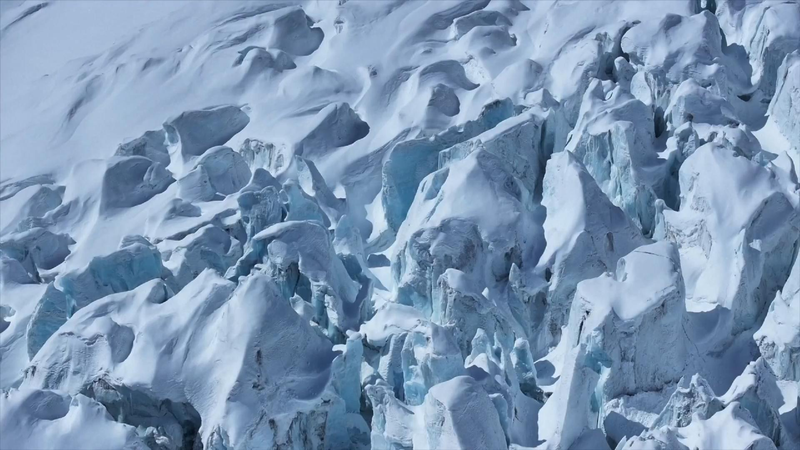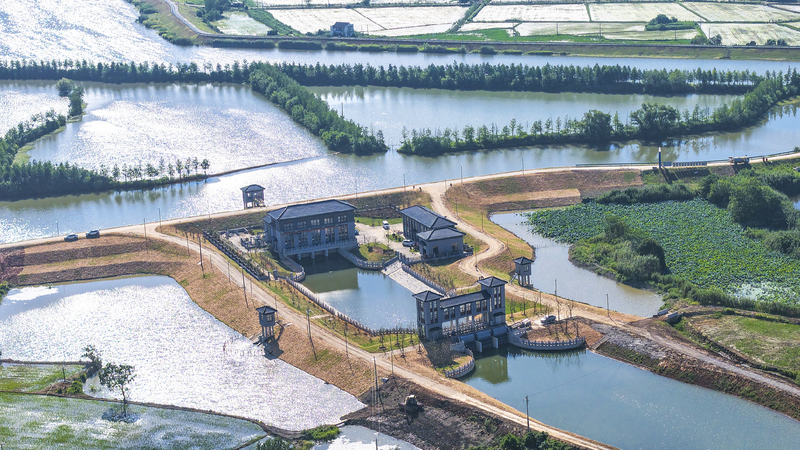Guess what? China has just started its first-ever helicopter survey of marine glaciers in Xizang! 🚁❄️
After a snowy day, the skies cleared over the Renlongba Glacier in southwest China’s Xizang Autonomous Region. Perfect timing for a special helicopter to take off on an exciting mission.
But what are marine glaciers? 🤔 Well, they’re giant masses of ice found in polar areas or high mountains that have been around for many years. They move slowly along the ground like giant icy rivers!
The scientists want to learn more about how these glaciers grow and melt. This helps us understand big things like climate change! 🌍
So, how are they doing this? The helicopter is carrying some cool gadgets. On its sides, there are special radars that send out high-frequency waves to see inside the glacier! It’s like having X-ray vision for ice! 👀❄️
There’s also a super-precise gravimeter on board. This device can measure tiny differences in the Earth’s gravity to find out how thick the ice is. 🧲
“Our gravimeter is world-class in precision but only one-third the size of similar instruments from other countries!” said Xiong Shengqing, the chief scientist. That’s like having a super-powerful tool that’s really compact! 💪
Over the next two weeks, the helicopter will fly over other important glaciers in southeastern Xizang, covering about 1,000 square kilometers. That’s a huge area! 🏔️
But that’s not all! Two satellites called Gaofen are also helping out. They take detailed pictures from space, giving scientists a wide view of the glaciers. 🛰️
“By combining satellite images with terrain data, we’ve made a detailed 3D model of the glacier,” explained Wang Shanshan, a senior engineer. “This helps us study how glaciers move and even look beneath the ice surface!” 📊
This is the first time China is using space, air, and ground methods all together to observe marine glaciers. How cool is that? 🌐
Marine glaciers are special because they freeze and melt quickly, and they move in unique ways. Studying them can be tricky because they are in places with tough climates and complex landscapes. 🌪️
By exploring these glaciers, scientists hope to understand more about climate change and how it affects our planet. That’s super important for our future! 🌱
Isn’t science amazing? Maybe one day, you’ll get to explore glaciers or even help protect our Earth! 🌟
Reference(s):
China's first space-to-sea glacier survey underway in Xizang
cgtn.com




